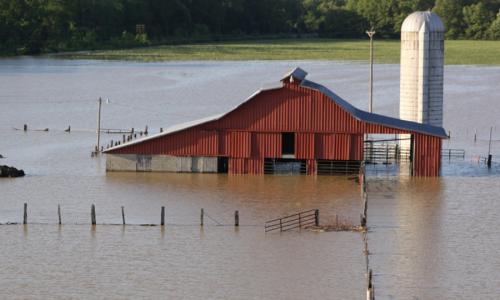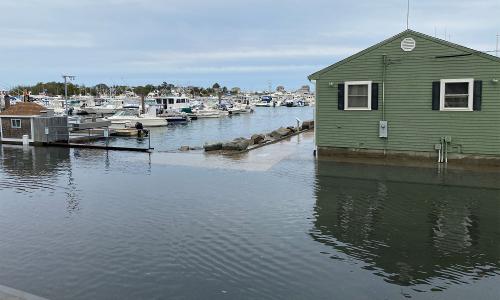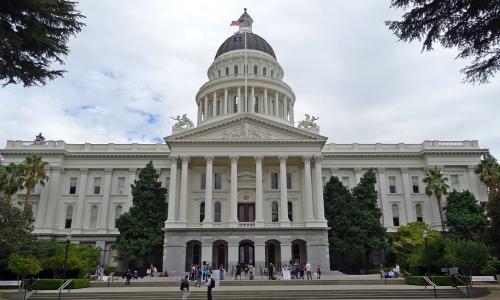Technical appendix for the report Confronting Climate Change in the Great Lakes Region: Impacts on Our Communities and Ecosystems.
The combined stresses of climate change and other human pressures on the environment will produce impacts that people living in the Great Lakes Region will feel directly and indirectly in virtually all spheres of their lives. Since the environment and the many goods and services we derive from it are at the base of the regional economy, impacts of climate change will be felt in a myriad of ways - from changes in our direct surroundings, our activities, our welfare, to those in our economy.
Maybe the most direct impact will be felt in the areas of human health and well-being. Climate change could increase the risks from air pollution and from severe weather events, but also through the higher frequency and severity of extreme heat. In addition, there may be a growing risk from infectious diseases. All of these health-related risks may be prevented or at least mitigated through effective measures. However, a growing risk to particularly vulnerable populations such as the elderly, the very young, and the poor remain and require special attention.
Moreover, climate change of the magnitude recent climate models project, will fundamentally alter the character of this northern-temperate region. When boreal forests disappear from Minnesota’s Boundary Waters, when Wisconsin’s “Kites on Ice” winter festival can no longer rely on lakes being frozen in the winter, or when farmer’s in Illinois face droughts of a magnitude that threaten the viability of agriculture - people’s sense of place gets shaken up. The question is, whether residents of the Great Lakes Region are willing to let go of what they know, love and care about, or instead work toward solutions that will allow them to keep what makes the Great Lakes Region “home.”
Please click on the links below for further information on:




